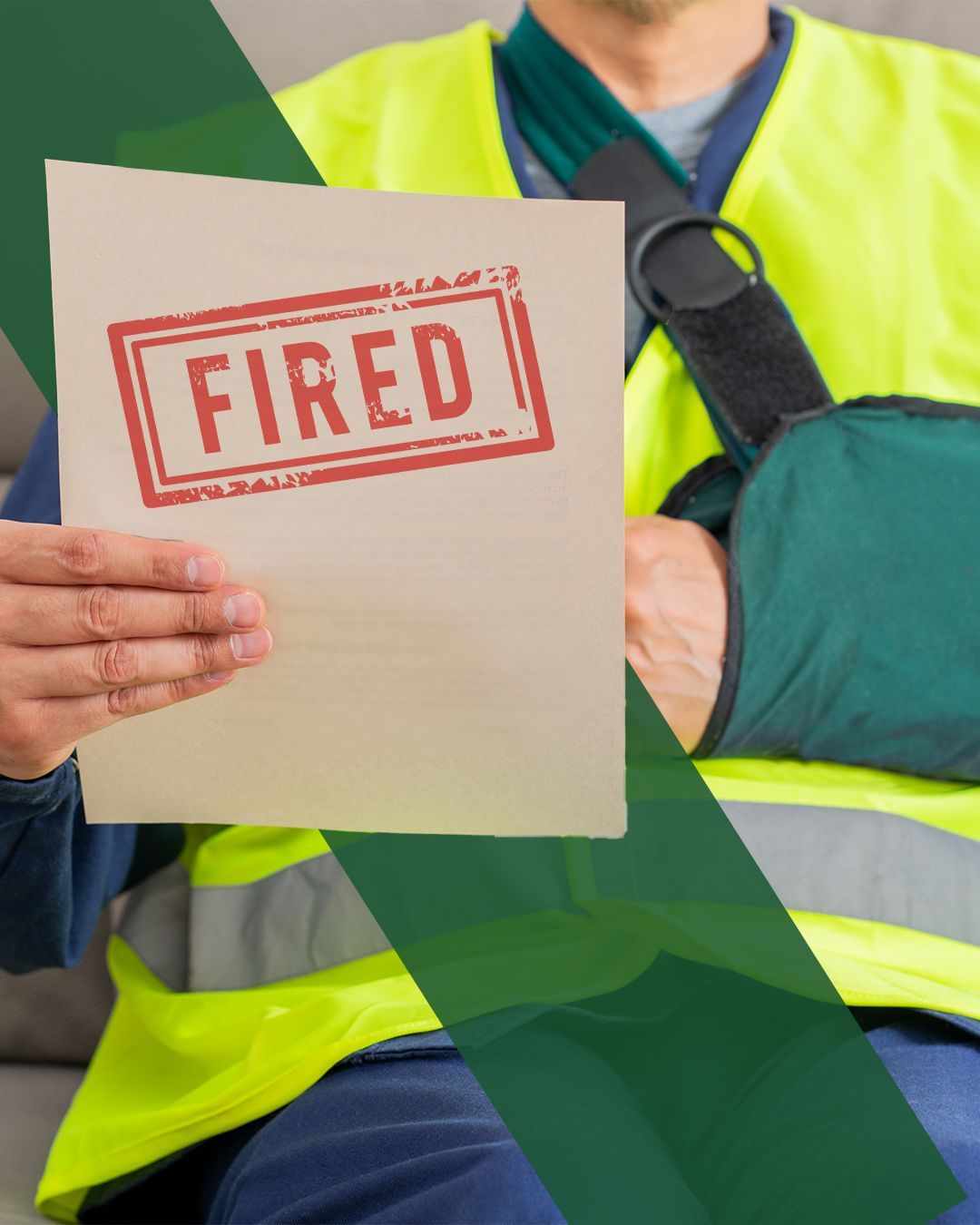Does Weather Impact Liability in Car Accidents?
Driver Responsibility in Bad Weather
Pennsylvania winter weather can create hazardous roadways and low visibility that may be difficult for even the most experienced driver to navigate. However, anyone who gets behind the wheel assumes the responsibility of being safe and adapting to the changing conditions.
A driver's duty of care involves acting as a reasonable person would in those circumstances; therefore, it is reasonable when driving in bad weather to decrease your speed, avoid slamming on the brakes, and know your limits. While bad weather may exacerbate poor roadways and make them more dangerous, drivers remain liable for accidents caused by their reckless or negligent behaviors in these conditions.
Safe Driving Techniques for Bad Weather
Although bad weather can make handling your vehicle more challenging, there are many driving techniques you can use to make it to your destination safely. When driving in bad weather, remember to:
- Drive slowly, especially if ice may be present.
- Avoid using cruise control.
- Increase stopping distance between you and other vehicles.
- Give yourself extra time to get to your destination by planning to leave earlier than usual.
- Ensure your car is prepared to handle winter conditions.
- Accelerate and brake slowly.
- Turn into a skid if you feel your vehicle begin to slide.
- Stay home if you are uncomfortable driving in bad weather.
Your safety should be the utmost priority regardless of the weather. Know that you may still be eligible for compensation should you become injured by another driver during this time of year.
Eastern Pennsylvania Car Accident Attorneys
The attorneys at Slusser Law Firm are dedicated advocates prepared to help you hold negligent drivers accountable for the injuries they cause. Schedule a free consultation* today by calling or filling out this short form.
Our team is available 24/7 to discuss your potential case, and we uphold a "one-hour promise" to return any phone calls. Let us help you seek the justice you deserve.




